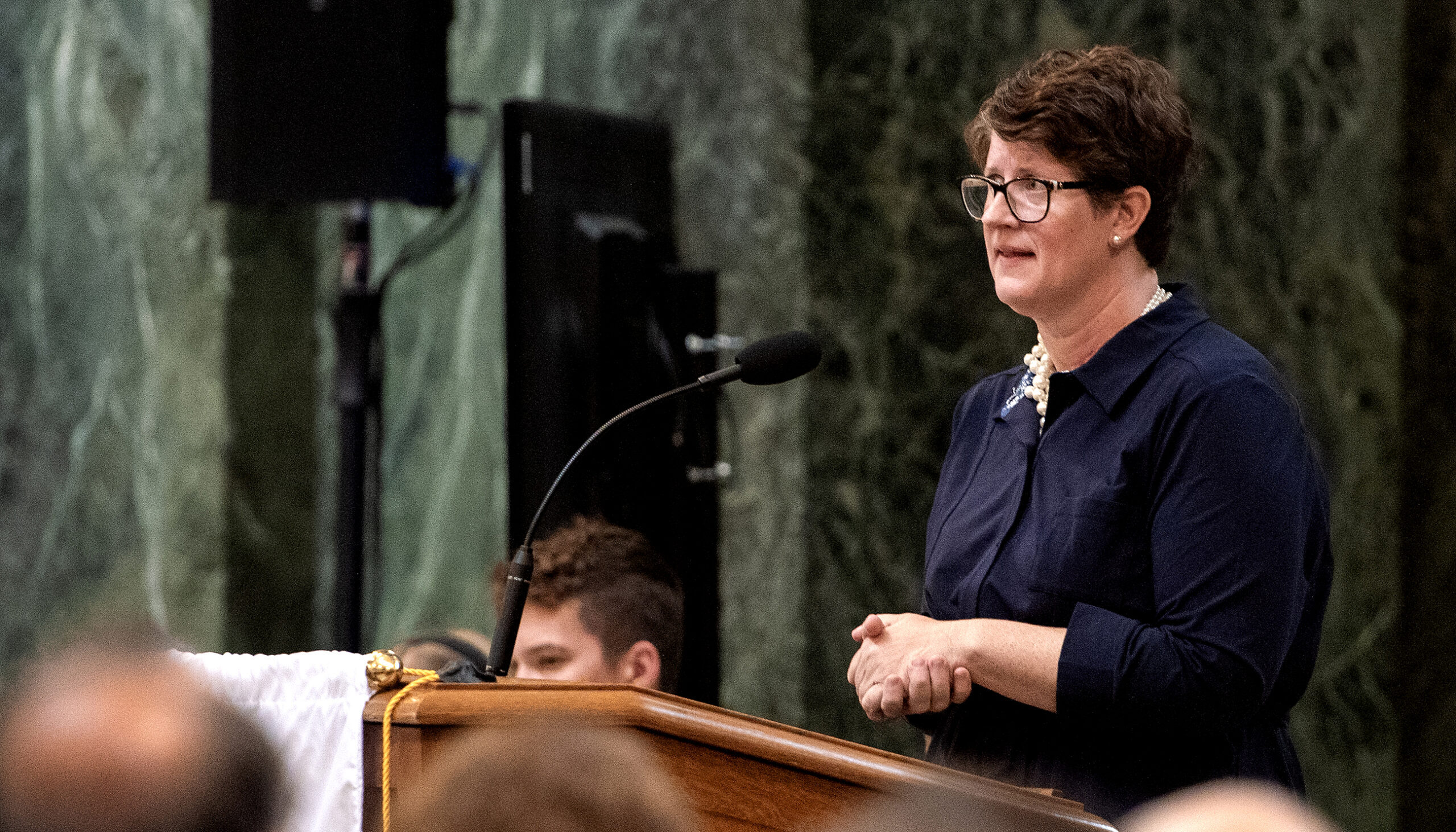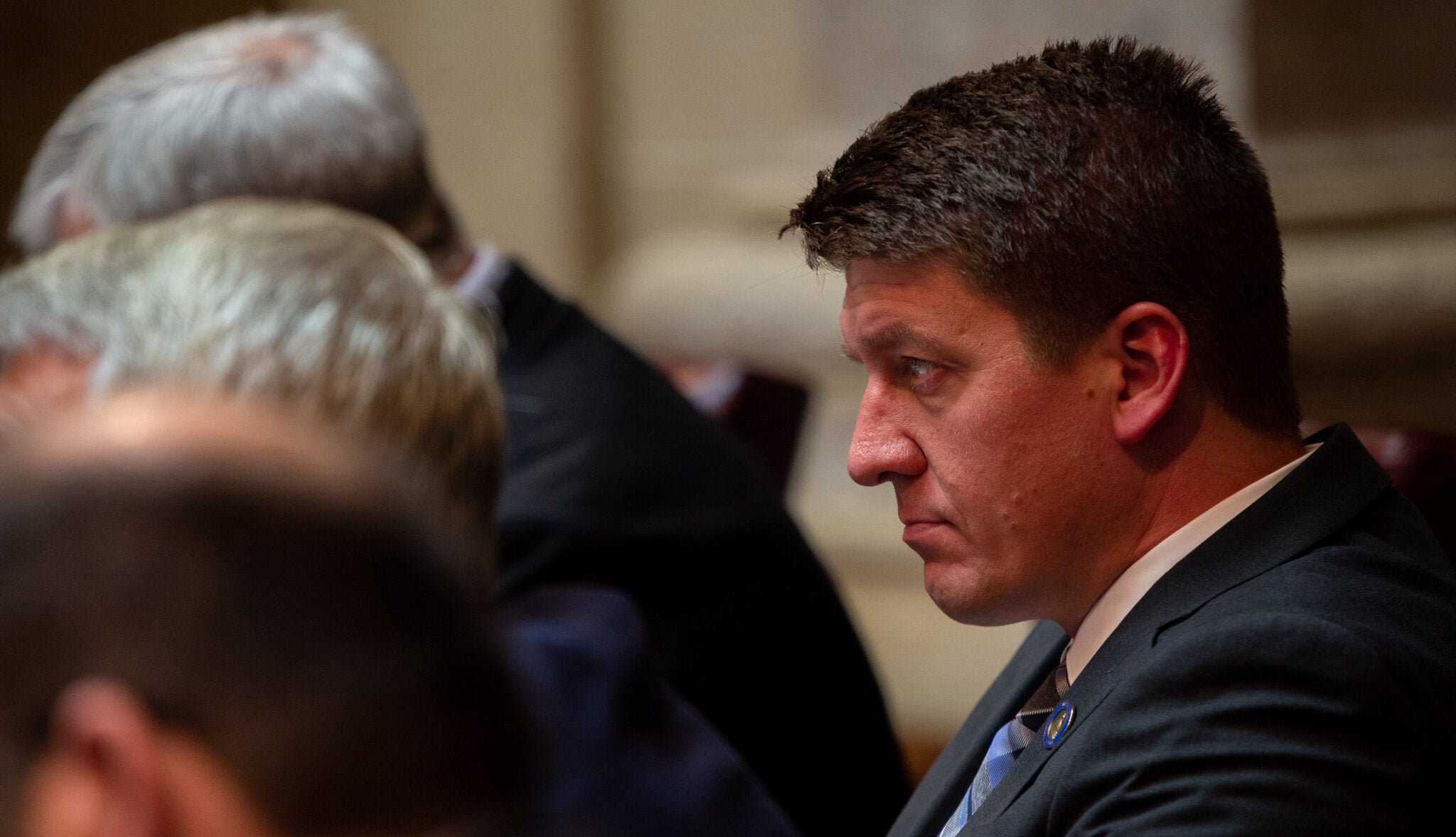Republican lawmakers are calling for tighter oversight after an audit found deficiencies in Wisconsin’s process for allocating federal funds.
That includes tens of millions of dollars in federal Medicare funding that was left unclaimed because of an apparent oversight, according to a report released last week by Wisconsin’s nonpartisan Legislative Audit Bureau.
The U.S. Department of Health and Human Services reduced the amount of money it gave to Wisconsin’s Department of Health Services through the Medical Assistance program by $43 million after Wisconsin failed to pay February 2021 invoices for Medicare premiums on time, according to the audit.
News with a little more humanity
WPR’s “Wisconsin Today” newsletter keeps you connected to the state you love without feeling overwhelmed. No paywall. No agenda. No corporate filter.
Wisconsin’s Department of Health Services did eventually pay the invoices, but state officials didn’t realize the award amount had been reduced until they were informed by auditors in March 2023. As a result, DHS officials are now focusing on improving their oversight process so that payments aren’t missed in the future, according to the Legislative Audit Bureau report.
And DHS officials have indicated they’re working with the federal government to get the unclaimed money back by counting it as a credit toward future premium payments, auditors wrote.
The newly-released audit examines billions of dollars in funding that was distributed by Wisconsin agencies during the last fiscal year through a total of 22 programs.
The findings show evidence of repeated failings by the leaders of state agencies, the Republican Co-Chairs of the Legislature’s Joint Audit Committee said in a news release.
“Their lack of transparency and attention to detail, in the case of this audit, has resulted in millions of dollars of unclaimed federal dollars, over a million dollars in inappropriate spending and multiple grant rounds being awarded to potentially ineligible individuals,” Sen. Eric Wimberger, R-Green Bay, said in a statement. “Wisconsinites deserve to know state programs are being administered correctly and this funding is being spent responsibly.”
State agencies fall under the purview of Democratic Gov. Tony Evers, and Republican lawmakers have previously criticized the Evers administration over how well the state has accounted for its spending of federal COVID relief funds.
During the time period examined by the latest audit, state agencies distributed more than $20 billion in federal funds, including nearly $6 billion in pandemic aid. The Wisconsin Department of Health Services got the largest chunk of federal funding at nearly $12 billion, according to the audit.
In their report, auditors identified a total of nearly $1.3 million in “questioned” costs that agencies charged inappropriately to federal funds.
And, after noting deficiencies in findings released last year, auditors once again flagged Wisconsin’s oversight of the Wisconsin Emergency Rental Assistance Program. That federally-funded program offered subsidies for rent and utilities, and was intended to help keep people in their homes during the COVID-19 pandemic.
But, because of incomplete documentation, auditors found some of those payments could have gone to people who were actually ineligible. Auditors looked at a random sample of 60 people who got payments during the 2021-22 fiscal year, and found at least $52,562 in payments that could have been illegitimate because officials didn’t have all the paperwork attesting to things like someone’s income or renter status.
In all, Wisconsin’s Department of Administration gave out a total of $135.5 million in rent and utility payments through that program during the last fiscal year.
DOA officials say they plan to comply with the audit’s recommendations, which include improving training for employees and seeking to either obtain the missing paperwork or to recoup funding from people who were ineligible. The program stopped giving out benefits last month when federal funds were exhausted, according to a DOA spokesperson.
“The purpose of the Wisconsin Emergency Rental Assistance program was to prevent evictions and housing instability during a critical time for the State, and the program has successfully helped over 40,000 households retain safe and stable housing through nearly $260 million in benefits statewide, while following U.S. Treasury guidance and compliance,” DOA spokesperson Tatyana Warrick said in a statement.
Wisconsin Public Radio, © Copyright 2025, Board of Regents of the University of Wisconsin System and Wisconsin Educational Communications Board.







